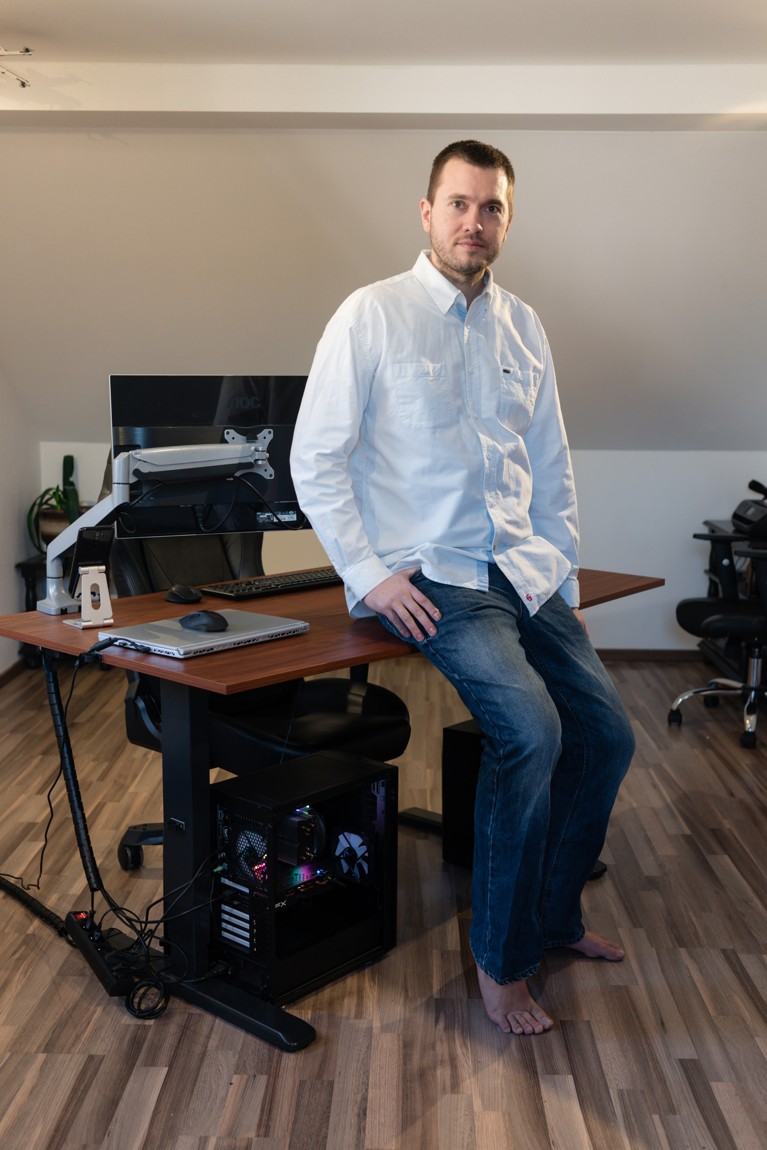In recent months, we have witnessed intense debates on artificial intelligence (AI) regulations at the European Union level. As an IT architect with many years of experience in the field, I feel the need to express my disapproval of strict regulations that limit the development and implementation of AI technologies. I support the open letter of 49 tech company heads calling on the EU to loosen these regulations. It is essential that regulators understand the dynamics of technological development and adapt their approaches to support innovation.
Regulation as a brake on innovation: The case of Meta
In the IT industry, regulations are often a step behind technological progress. Technologies develop at an exponential rate, while legislative processes tend to be slow and lengthy. This mismatch results in regulations either coming too late or being out of date by the time they are introduced. In the field of artificial intelligence (AI), this dynamic is even more pronounced. Strict regulations can discourage companies from investing in research and development, which ultimately weakens the competitiveness of European businesses in the global market. Meta’s situation is an illustrative example of the negative impact of these regulations. Meta was forced to delay the launch of its AI chatbot in Europe, while the technology has been available in other regions for several months. In addition, it had to introduce the possibility for users to refuse the use of their data for AI training, which significantly complicates the development and improvement of AI models.
Europe’s competitiveness at risk
Europe risks falling behind other world leaders in AI, such as the United States and China. Strict regulations create a hostile environment for innovation and discourage talent and investors. European companies are forced to create specific rules or even completely exclude the EU from some AI projects. This leads to a “brain drain” and the transfer of technology centers outside of Europe. History teaches us that the greatest technological breakthroughs have been achieved in an environment of freedom and openness. The Internet, mobile technology, cloud computing – all these technologies developed in an environment of minimal regulation. Regulations often came only after the technology was widely adopted and integrated into society. In many cases, regulation has served to protect incumbents rather than encourage innovation. Administrative barriers and inconsistent regulatory decision-making only contribute to market fragmentation and weaken Europe’s position in global competition. Instead of striving for detailed control, the focus should be on creating framework conditions that support innovation and at the same time ensure basic user protection. This includes promoting open standards, investing in education and research, and creating an environment that attracts talent and investors. Together, we can find a balance between the need to protect users and support innovation. It is important to realize that technologies such as AI have the potential to bring enormous benefits to society as a whole, from increasing productivity to solving global challenges such as climate change and healthcare. Europe has a unique opportunity to become a leader in AI if it creates an environment that fosters innovation and attracts talent. However, this requires the courage to abandon outdated approaches to regulation and embrace the dynamics of the modern technological world. The future is not in strict regulations, but in openness, cooperation and the support of creativity.

David Strejc, expert and activist in the field of artificial intelligence from AutoERP, autoerp.cz
Source: www.nextech.sk


